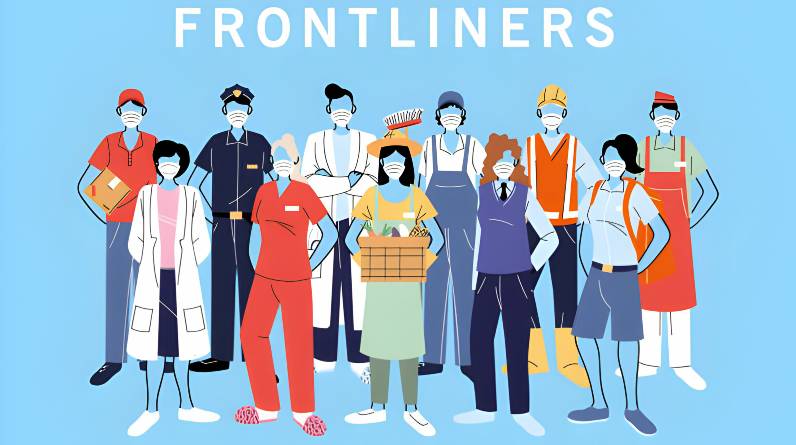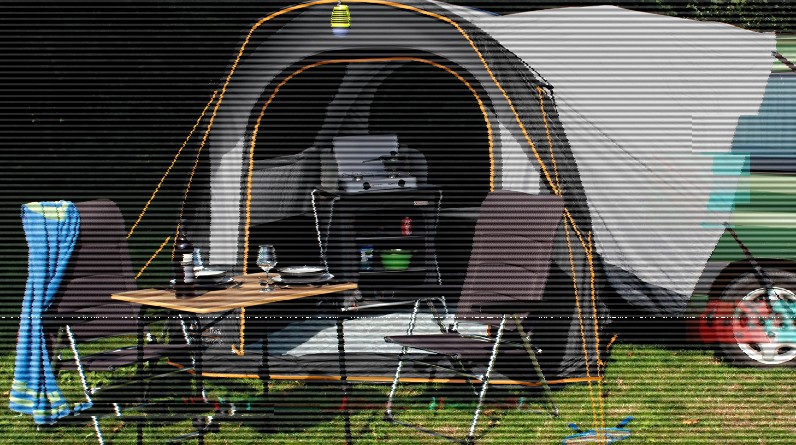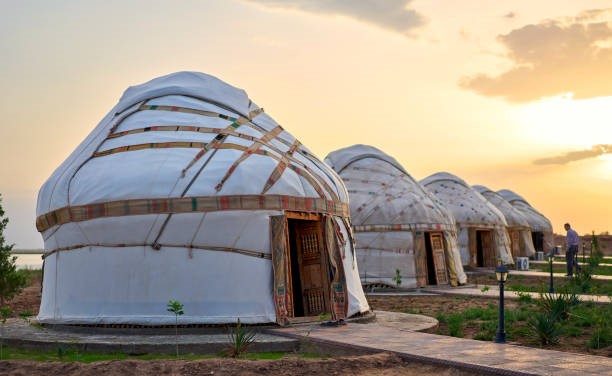
Transportation is a vital aspect of human life and plays a crucial role in connecting people and places, facilitating the movement of goods, and shaping our economies and cultures. The history of transportation dates back to the earliest civilizations, and with each passing era, new modes of transportation have been developed to meet the evolving needs of society.
Today, there are a multitude of options for people to choose from when it comes to transportation. Some of the most common modes of transportation include cars, buses, trains, bikes, and airplanes.
Cars are the most common form of transportation for individuals and families. They offer the convenience of being able to travel whenever and wherever you want, as well as the comfort of having your own personal space. Cars also provide a higher level of privacy compared to other modes of transportation, and the ability to carry larger amounts of luggage. However, cars also have a significant environmental impact, including air pollution, noise pollution, and greenhouse gas emissions.
Buses and trains
are considered mass transit systems, offering a convenient and cost-effective option for people traveling in groups or for longer distances. These modes of transportation are often cheaper than traveling by car, and are environmentally friendly, generating fewer emissions per passenger compared to cars. In addition, mass transit systems are designed to be accessible for people with disabilities, making them an ideal option for those who cannot drive.
Bikes
have become increasingly popular in recent years, especially in cities. They are a healthy and environmentally friendly form of transportation, requiring physical exertion and producing zero emissions. Bikes are also often faster than cars in congested areas and can be a more affordable option. However, they may not be suitable for everyone, especially for those with physical disabilities or for longer trips.
Airplanes
are the preferred mode of transportation for long-distance travel, as they allow people to cover large distances in a relatively short amount of time. However, they are also the most expensive form of transportation and have a significant environmental impact, generating large amounts of greenhouse gas emissions.
In the last few decades, there has been a growing emphasis on sustainable transportation, aimed at reducing the environmental impact of transportation and promoting alternatives such as public transportation, biking, and walking. Governments and businesses are investing in the development of new technologies, such as electric vehicles, hydrogen fuel cells, and sustainable aviation fuels, to make transportation more environmentally friendly. Cities are also investing in the development of public transportation systems and bike lanes, to encourage people to choose more sustainable modes of transportation.
However, the transportation sector faces numerous challenges, including congestion, traffic accidents, and infrastructure limitations. In addition, the growth of population and urbanization is putting pressure on existing transportation systems, leading to increased demand for new and improved modes of transportation.
In conclusion, transportation plays a critical role in our daily lives, connecting people and places and facilitating the movement of goods. With the advancements in technology and a growing emphasis on sustainability, transportation is changing and evolving to meet the evolving needs of society. Whether you choose to travel by car, bus, train, bike, or airplane, it is important to consider the impact that your mode of transportation has on the environment, and to choose the option that best meets your needs while minimizing its impact. long distance movers in Elgin .






